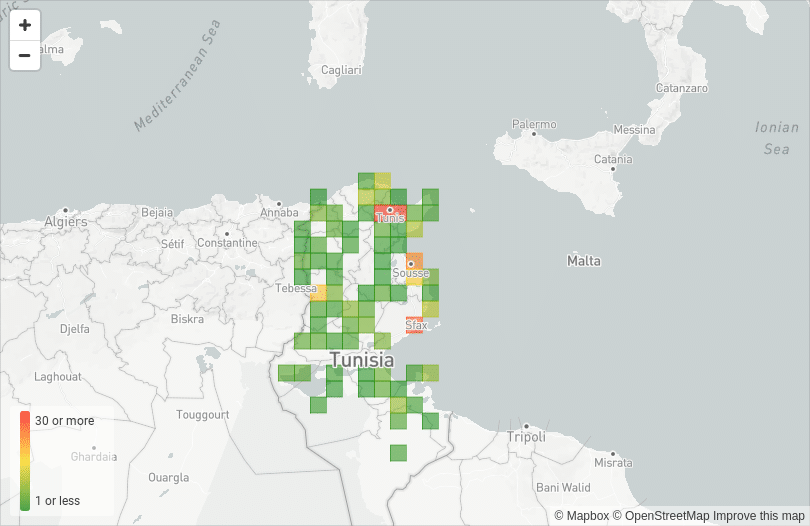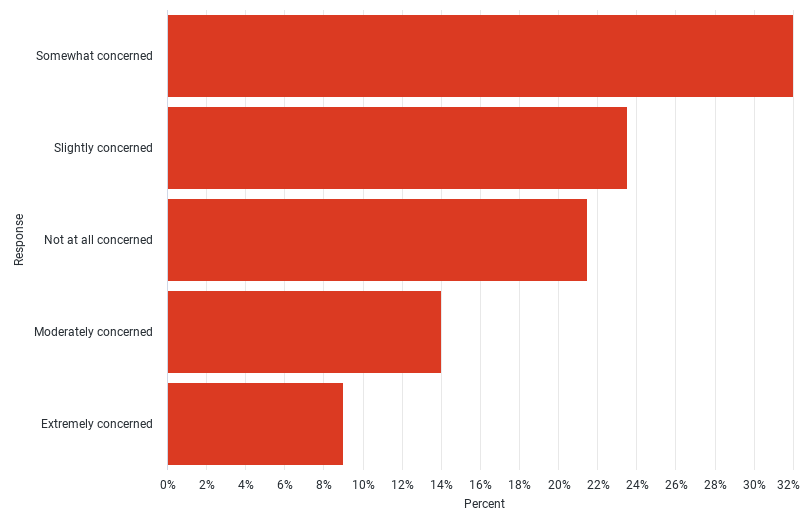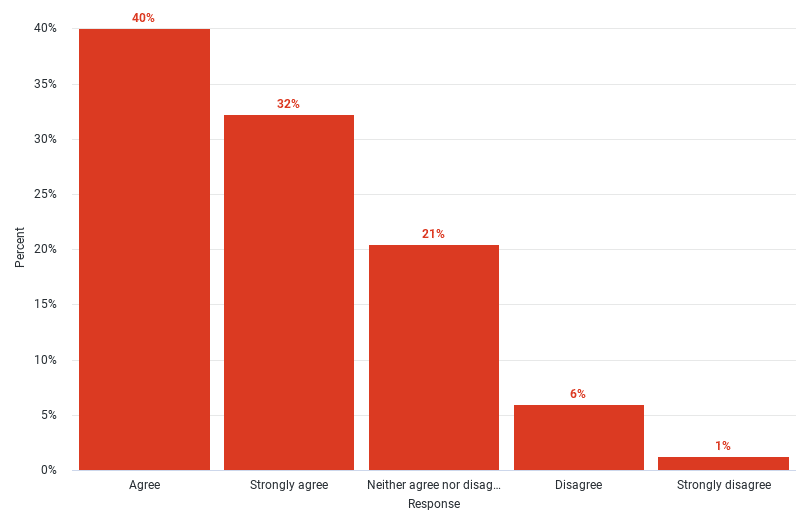The nearly 10-year-old Tunisian democracy has been severely tested over the past year.
Tunisia has endured several rounds of protests, economic headwinds, and a worsening COVID-19 situation. But arguably the biggest test came in late July 2021, when President Kais Saied suspended Parliament and removed the Prime Minister, throwing the long-term fate of democracy in Tunisia into a tailspin.
Understanding how ordinary Tunisians viewed the political crisis as the situation worsened was vital for everyone from non-governmental organizations (NGOs) in the region and multinationals investing in the country to those working in the security space.
To give everyone a better understanding, Premise designed and deployed a sentiment survey across the country to gauge how Tunisians were feeling about the President’s suspension of Parliament and removal of the Prime Minister.
Submission Locations:

Despite making worldwide headlines as a democracy in disarray and questions about whether the protests would escalate violence further, our survey found that a significant percentage of respondents were not extremely worried about the potential for increased violence:
- 46% of all respondents were either ‘not at all’ or only ‘slightly’ concerned about violence worsening in the next 30 days.
- 32% were ‘somewhat’ concerned.
- 23% expressed ‘moderate’ or ‘extreme’ concern.
“How concerned are you about increased violence overall during the next 30 days?”

Nearly half — 49% — of respondents backed President Saied’s movement to suspend Parliament, while 35% say they do not support the political shakeup.
While some political analysts claimed that President Saied’s moves amounted to a power grab, our survey results paint a more complex picture. Here’s how:
- 60% said that the protests were sparked by either economic collapse or increasing corruption.
- 37% blamed the protests on the more acute ongoing COVID-19 crisis.
These responses are further buttressed by our findings that 72% of those surveyed either ‘agreed’ or ‘strongly agreed’ that mishandling of COVID-19 simply allowed deeper rooted resentment with Parliament to boil up to the surface, and 65% of respondents said that the suspension of Parliament would have a ‘very positive’ or ‘moderately positive’ impact on the future of Tunisian democracy.
“Do you agree with the statement: Tunisia’s mishandling of the pandemic brought longstanding discontent with Parliamentary politics to the forefront?”

As we look to see how the crisis will unfold in the near-term, many Tunisians surveyed displayed a sense of optimism in regard to how quickly a new Prime Minister would be installed. Forty-two percent said they expect a new Prime Minister in the next one to three months, and a further 30% expected it to take between three and six months. Only 16% believed it would take longer than that.
Want to learn more? Get in touch with us today.